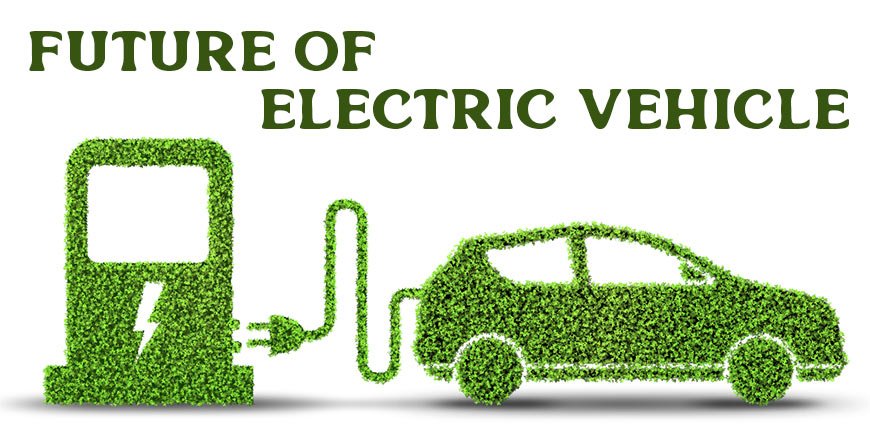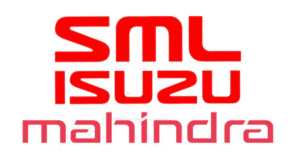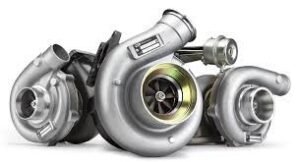Electric 2-Wheeler Industry Faces Setback as FY24 Sales Target of 1 Million Units Takes a Hit Amid Tepid Festival Sales

Electric 2-Wheeler Industry Faces Setback as FY24 Sales Target of 1 Million Units Takes a Hit Amid Tepid Festival Sales The electric two-wheeler industry, which has been experiencing a surge in demand, is now facing an unexpected setback as it struggles to meet its ambitious sales target for the fiscal year 2024. The goal of selling one million electric two-wheelers in the current financial year has encountered headwinds primarily due to tepid festival season sales.
The Rise of Electric 2-Wheelers: In recent years, electric two-wheelers have gained significant traction globally as environmental concerns and advancements in battery technology have driven consumers towards sustainable transportation alternatives. Many countries, including India, have been actively promoting the adoption of electric vehicles (EVs) to reduce carbon emissions and combat air pollution.
Sales Target for FY24: The electric two-wheeler segment in India set an ambitious target of selling one million units in the fiscal year 2024. Industry experts believed that this goal was achievable given the growing awareness of environmental issues, government incentives, and an overall positive sentiment towards electric mobility.
Challenges Faced During Festival Sales: However, as the festival season, traditionally a peak period for vehicle sales, unfolded, the industry faced unexpected challenges. Tepid consumer sentiment during festivals, which are usually marked by increased purchasing activities, resulted in a slower-than-expected uptake of electric two-wheelers.
Factors Contributing to the Setback: Several factors contributed to the setback in achieving the sales target for electric two-wheelers. One of the primary reasons was the overall economic uncertainty, which led consumers to be more cautious in their spending. Additionally, the lack of adequate charging infrastructure in certain regions, coupled with concerns about the range of electric vehicles, deterred potential buyers.
Government Initiatives and Incentives: The Indian government has been actively supporting the electric mobility sector through various initiatives and incentives. Subsidies, tax breaks, and other policy measures have been implemented to encourage consumers to switch to electric vehicles. Despite these efforts, the industry is grappling with challenges that go beyond financial incentives.
Industry Response and Strategies: In response to the sluggish sales, major players in the electric two-wheeler industry are reevaluating their marketing and sales strategies. Companies are considering additional promotional activities, partnerships, and awareness campaigns to boost consumer confidence and drive adoption.
Outlook and Future Prospects: While the setback in achieving the FY24 sales target is a temporary obstacle, the long-term prospects for the electric two-wheeler industry remain positive. Advancements in battery technology, increasing awareness of environmental issues, and continued government support are expected to fuel the growth of the sector in the coming years.
The electric two-wheeler industry’s journey towards achieving the one million sales target for FY24 has faced an unexpected hurdle due to tepid festival season sales. However, with the industry’s resilience, coupled with ongoing government support and evolving consumer preferences, the setback is likely to be a transient phase. The focus now shifts to innovative marketing strategies, increased awareness, and collaborative efforts to ensure the sustained growth of the electric two-wheeler segment in the years to come.
Last Updated on: Wednesday, November 22, 2023 5:21 am by Admin | Published by: Admin on Wednesday, November 22, 2023 5:21 am | News Categories: News, Business, India News, Lifestyle News, Startup







